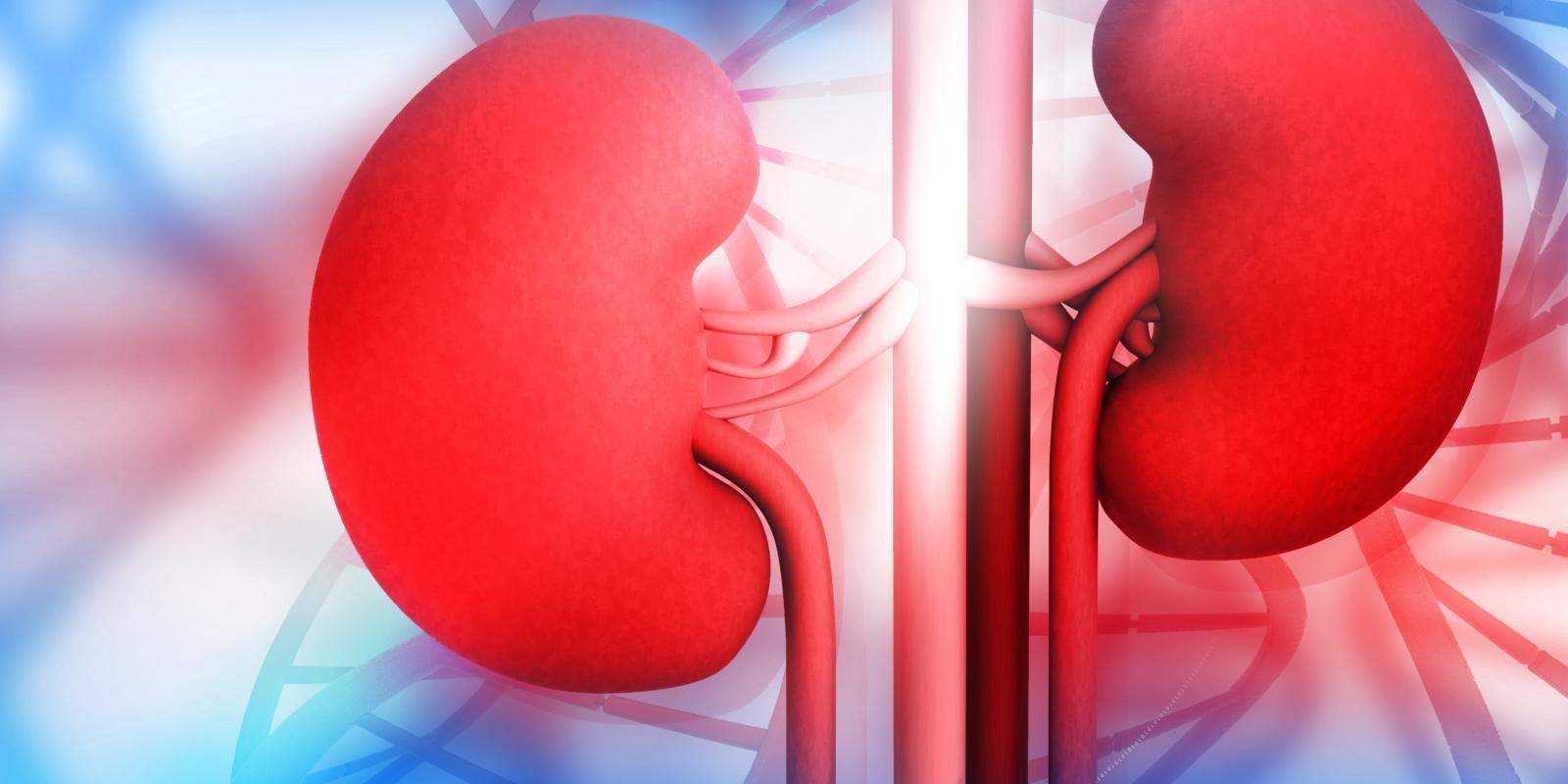Certainly! While many are aware of the adverse effects of binge drinking on the liver and the strain of prolonged screen time on the eyes, the impact on kidneys is often overlooked. The kidneys play a vital role in the body’s function, located just below the ribcage on either side of the spine. Acting as the body’s internal sewage system, they are responsible for regulating water balance, retaining the necessary water for proper functioning while eliminating excess water through urine.
Additionally, the kidneys produce essential hormones, one aiding in red blood cell production and the other helping to regulate calcium as the active form of vitamin D. Neglecting the health of these vital organs can have severe consequences, underscoring the importance of considering habits that might adversely affect them.
Based on your lifestyle choices, you may either be promoting kidney health or unknowingly causing harm to these vital organs. To ensure proper kidney function, it’s essential to be aware of a specific habit that can be especially damaging to them. Additionally, understanding how to maintain kidney health and recognizing signs of potential issues is crucial. Continue reading to discover valuable insights on this topic.
A habitual behavior that may have adverse effects on your kidneys.
Dr. Kalyani Perumal, MD, a nephrologist, and the system director and medical director of Bureau Wide Dialysis Services at Cook County Health, suggests that the kidneys are often adversely affected by unhealthy habits, even though they may not be directly involved in causing these issues. In other words, the kidneys can be considered “innocent bystanders” in the face of detrimental lifestyle choices.
In simpler terms, our kidneys can suffer damage without us being aware of it, especially if certain habits persist over time. These habits often begin in early life and continue into adulthood, impacting the kidneys significantly. Examples of such detrimental habits include smoking, vaping, excessive alcohol consumption, drug abuse, and a sedentary lifestyle. It’s important to note that any of these unhealthy behaviors can be harmful to our kidneys.
Additionally, one habit that is often overlooked when it comes to kidney health is maintaining an unhealthy diet. Dr. Perumal emphasizes that consuming a diet lacking in essential nutrients can be detrimental to the kidneys. This involves regularly eating foods that are low in nutritional value, such as fatty or highly processed meats, sugary foods, and processed baked goods, instead of opting for nutrient-rich options like vegetables, fruits, whole grains, and plant-based proteins. It’s crucial to be aware of these dietary choices and their potential impact on kidney health.
Dr. Perumal explains that during our formative years, fast food becomes a regular part of our diet due to the demands of school, college, extracurricular commitments, and social engagements. This habit ingrains itself and persists even when we become conscious of its harmful impact on our well-being. Consequently, it gives rise to health issues like obesity, hypertension, diabetes, and high cholesterol during adulthood, ultimately contributing to the onset of kidney disease.
Research indicates that consuming a diet that is rich in animal protein but lacking in vegetables and fruits can raise the likelihood of developing chronic kidney disease. The Centers for Disease Control and Prevention (CDC) reports that approximately 15 percent of adults in the United States are affected by this condition. Chronic kidney disease impairs the kidney’s ability to efficiently filter blood, leading to an accumulation of excess fluid and blood in the body. Consequently, this condition can trigger a series of other health issues, such as heart disease and stroke.
Indications of Impaired Kidney Function
According to Dr. Perumal, the challenge with kidney health lies in the difficulty of detecting damage until it reaches an advanced stage. Kidney disease is often asymptomatic, earning it the nickname “silent killer.” As a result, a staggering nine out of ten individuals with chronic kidney disease are unaware of their condition.
Dr. Perumal explains that the initial indications of kidney disease can solely be identified through blood and urine examinations. For individuals with hypertension, it is essential to undergo regular kidney assessments since hypertension is the primary contributor to kidney disease. This is because deteriorating kidney function leads to elevated blood pressure levels.
According to Dr. Perumal, in more advanced phases of kidney disease, individuals may experience various symptoms such as profound tiredness, changes in taste perception, edema in the legs, face, and abdomen, skin itching, disrupted sleep, muscle cramps, reduced appetite, and cognitive impairment.
Encouraged to maintain the health of your kidneys? Here’s some positive news: The healthy habits you are probably already familiar with, such as consuming a nutritious diet, engaging in regular exercise, refraining from smoking or vaping, and moderating alcohol intake, all contribute to supporting your kidneys. There’s no need for any extra, specific care for your kidneys; if something is beneficial for your overall body, it extends to your kidneys as well. So, the next time you enjoy a nutrient-rich snack or take a stroll around the block, remember that it’s benefiting your entire body, including your kidneys. It’s like multitasking for your well-being!

